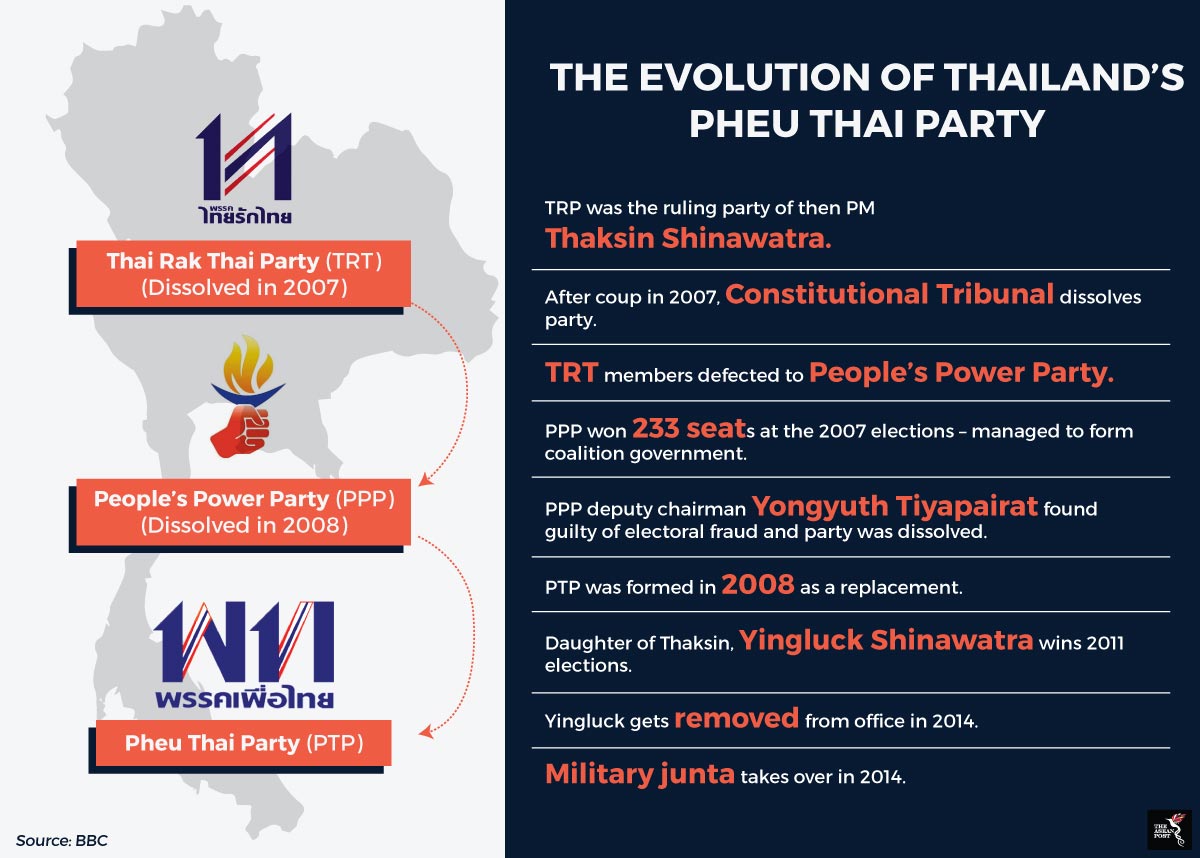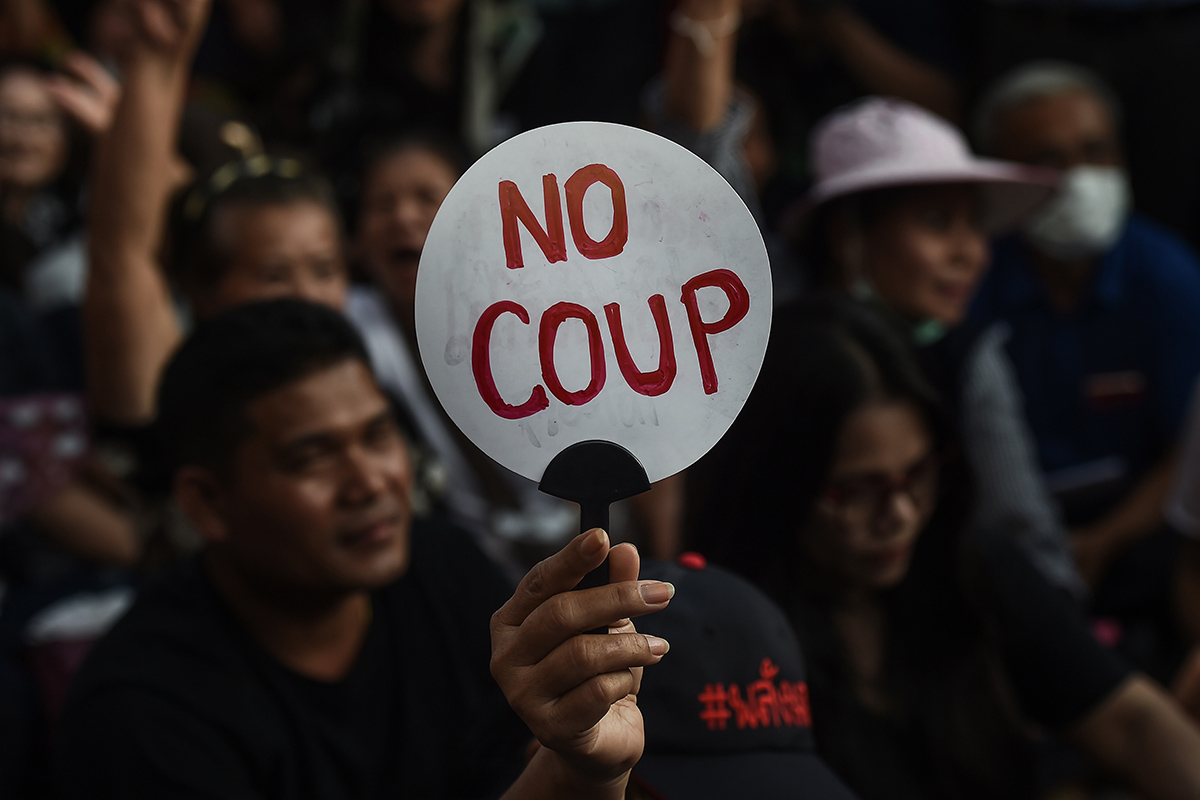At the end of January 2017, Thailand’s military junta announced that general elections could be delayed until early 2019. The announcement sparked anger from the public as protests occurred within days of the announcement. Ever since then there has been various protests held by activists against the military junta urging them to keep their promise of holding general elections in November 2018.
Under the current military junta, public gatherings of more than four people are prohibited. However, this has not stopped people from coming out against the government’s decision to delay elections. The most recent protest saw 400 people gathering in Bangkok. According to Reuters last week, pro-election protests have gained momentum in recent weeks and are being held by different groups every week.
The growing anger stems from the military junta delaying elections once again after long promising the Thai people that elections would take place. Head of the military junta and current prime minister of Thailand first promised elections would take place in October 2015, not long after the military coup of 2014. Ever since then, Prayut Chan-O-Cha has promised several times that Thailand would return to democracy. Most recently, Prayut Chan-O-Cha announced in 2017 that elections would take place in November this year. Despite the promises, there has been no real indication that the military junta are ready to allow the Thai population to go to the polls.

Nikkei Asian Review reported in January that there are speculations that the government is delaying elections to prepare a pro-junta party for the elections. In a report by the Bangkok Post earlier this month, analysts are interpreting Prayut Chan-o-cha’s recent trips to the countryside as canvassing for popular support.
“If the government didn’t have anything up its sleeves and wanted to know about the people’s problems, it would have visited these provinces from the beginning,” said Virot Ali, a political scientist from Thammasat University.
At the moment, the military junta is mired in a scandal involving deputy prime minister for public security, Prawit Wongsuwan who the Associated Press has described as “…a career military man who receives only a modest salary” but was spotted wearing a wide range of 25 luxury watches totaling almost US$1 million in value. A Bangkok Post news report last week stated that more than 80,000 signatures have been gathered demanding Prayut Chan-O-Cha to fire him.
Aside from that, more recent developments in Thailand paints a bleak picture for the future of Thai democracy. Currently, the National Legislative Assembly (NLA) has yet to pass two organic bills on the elections of MP’s and the selections of senators. These bills need to be passed if elections are to be held this year or in early 2019. If the bills are not passed by the NLA, elections could be delayed even further. However, the prime minister has assured that the bills would not be voted down.
Apart from that, the NLA recently rejected all seven final candidates for the new Election Commission (EC). The leader of the Democrat Party told Thai news portal The Nation that such an occurrence was uncommon. Deputy prime minister, Prawit, however, denied that the government had any hand in the NLA’s decision. Meanwhile, the current election commissioner has assured Thai citizens that current EC members can oversee elections and that there would not be any more delays to the elections.
The biggest opposition party in Thailand, Pheu Thai Party, has also spoken out that there could be attempts by the government to dissolve it. According to The Nation this week, several key figures of the Pheu Thai Party have reportedly met with Thaksin and Yingluck overseas. According to a new law chartered in 2017, any political party allowing interference by an outsider risks a jail term and will be deprived of electoral rights for five years. There is also a risk that the party could face dissolution if found guilty. Phumtham Wechayachai has come out and denied the claims by insisting that the meeting by party members and Thaksin was purely personal and had nothing to do with the party or politics.
Meanwhile, The Bangkok Post reported this week that deputy prime minister for legal affairs, Wissanu Krea-ngam, has said that all relevant parties, including the EC will meet in June to discuss a date for the elections.
With the military junta’s recent track record and unpredictable behavior, the question now isn’t whether the elections will happen or not, but rather, whether it will be run on fair terms.
